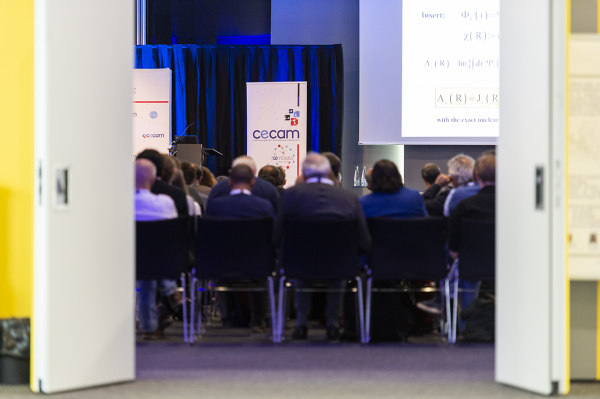Lausanne (Switzerland), 2023, 11-15 April
With the advent of nanoscale physics and ultrafast lasers it is now possible to directly probe real-time the correlation betw een particles in excited quantum states. In addition it is now possible to control and manipulate the opto-electronic properties of a wide range of materials by tuning the properties of the external laser field, see e.g. Refs..
Experimental and theoretical activities on this topic have opened new fields of research like, e.g., molecular transport, nanoelectronics, attosecond physics, nonequilibrium phase transitions, ultracold atomic gases in optical traps, optimal control theory, kinetics of Bose condensates, etc.
Nevertheless, despite the massive number of available experimental results there are still scarce numerical and theoretical methods in use of the scientific community. The fast development of new characterization techniques and the production of stable nanoscale materials have not been followed by a similar evolution of the theoretical tools.

Leave a Reply